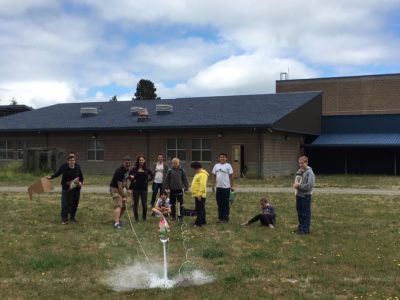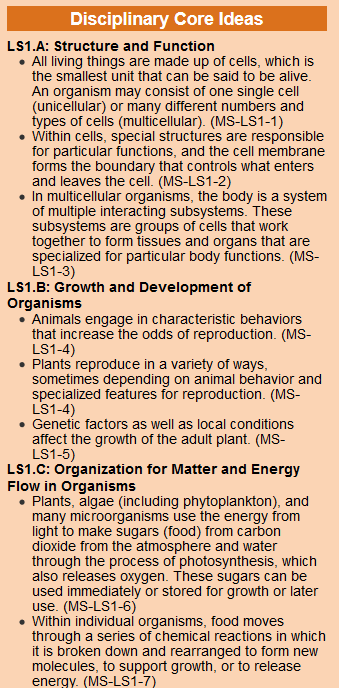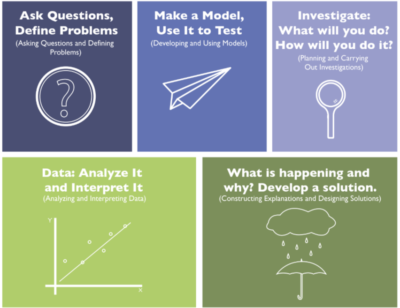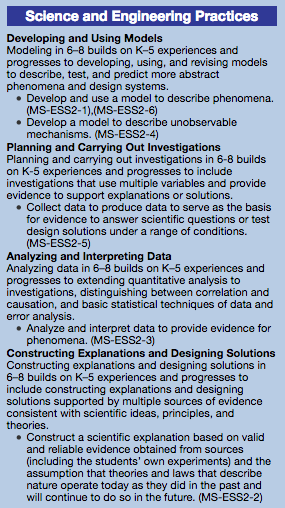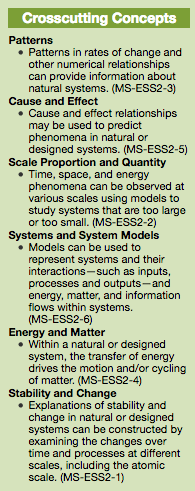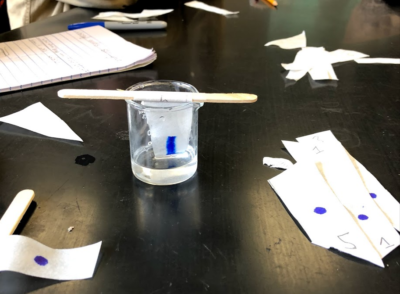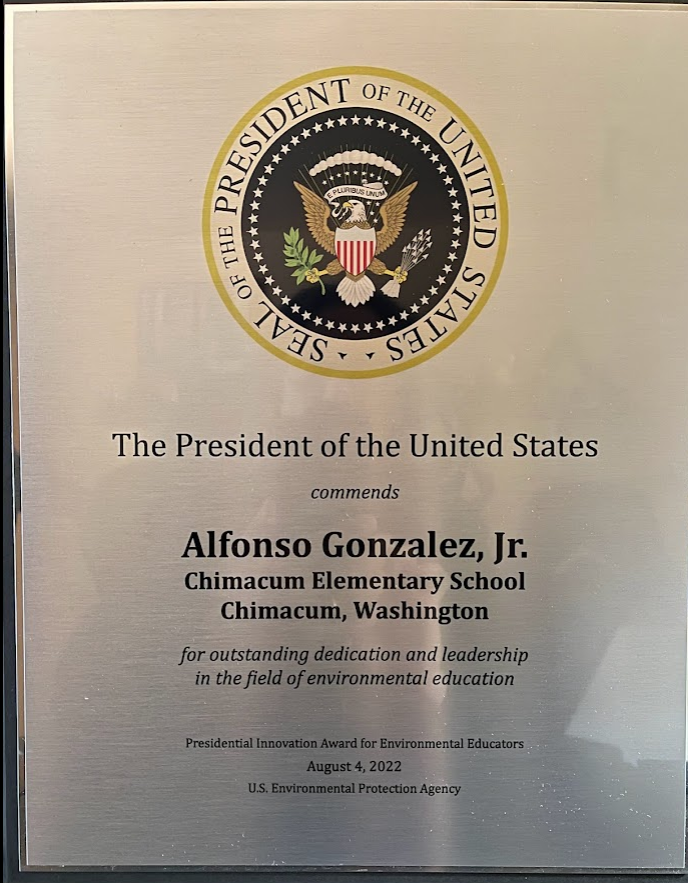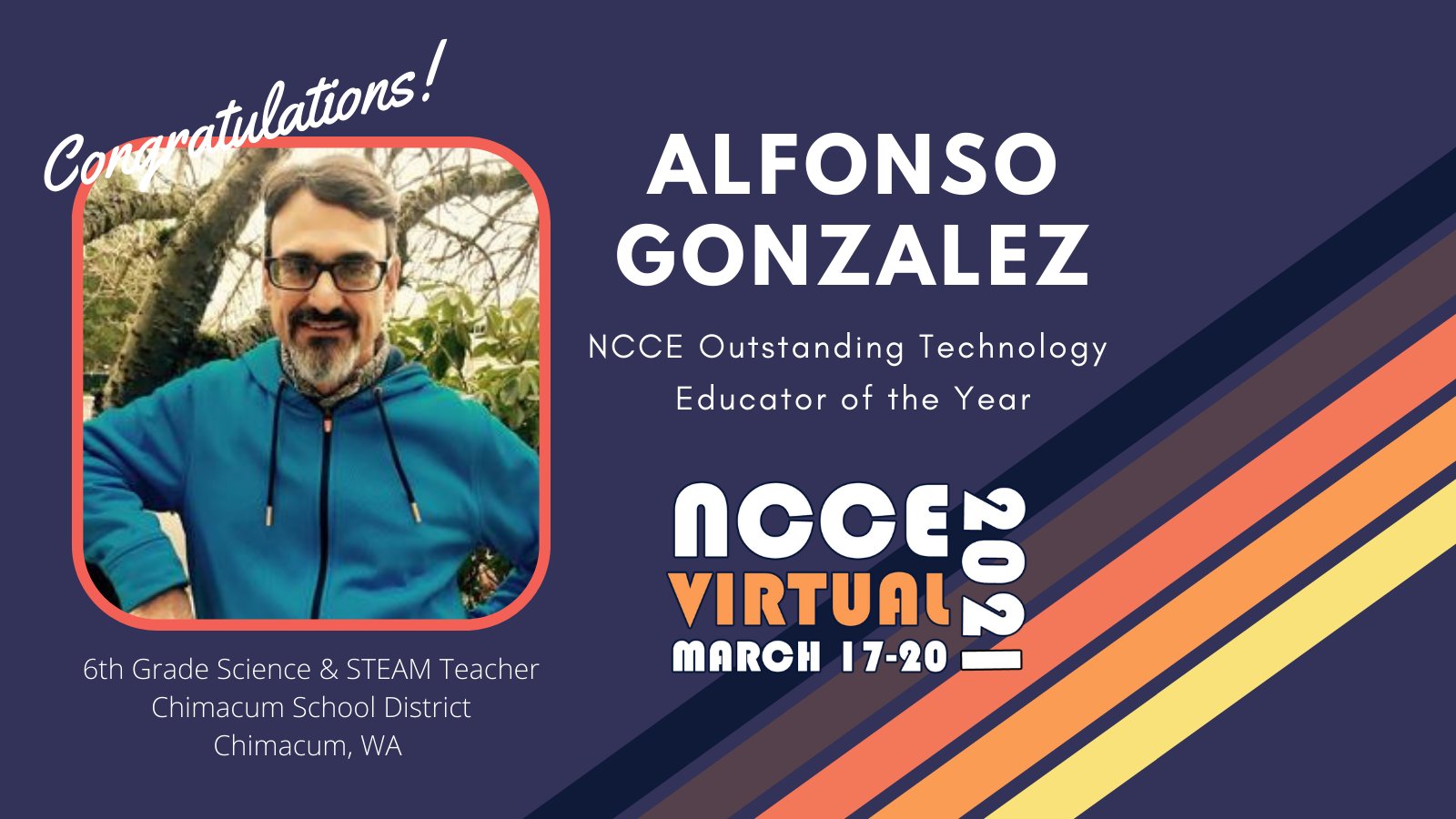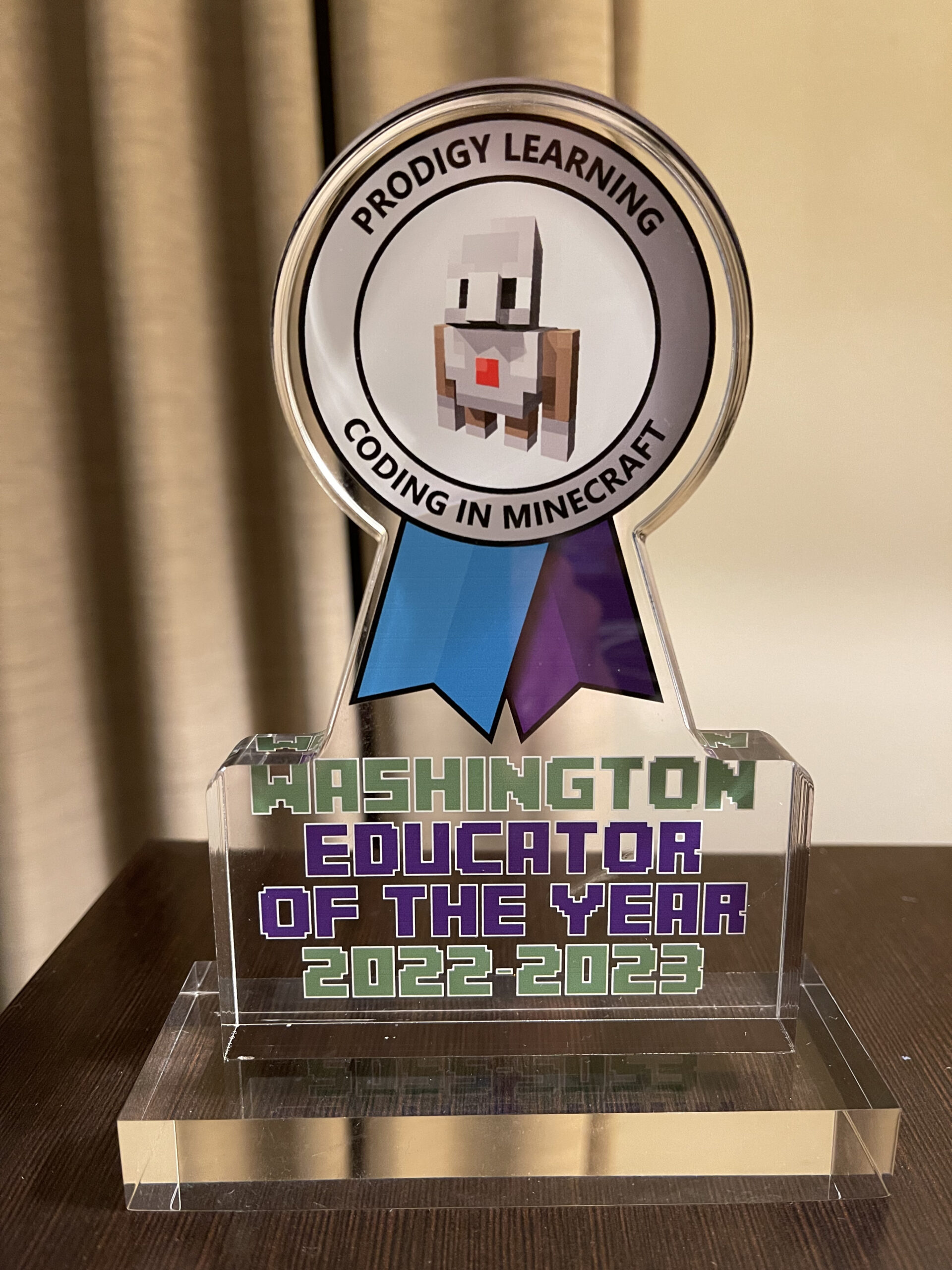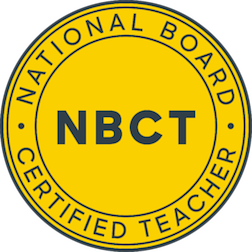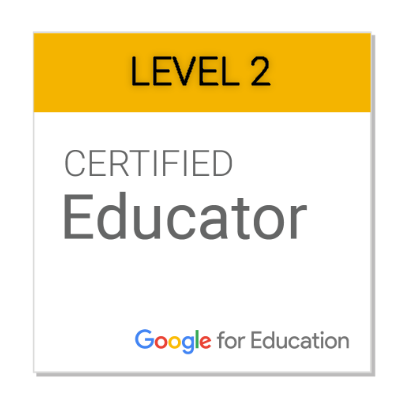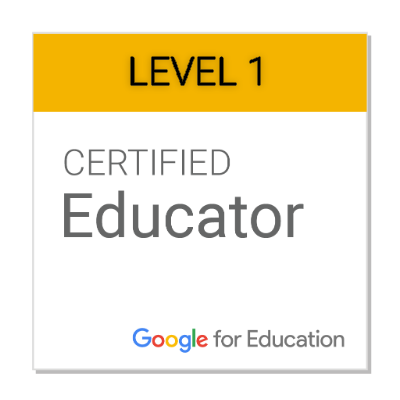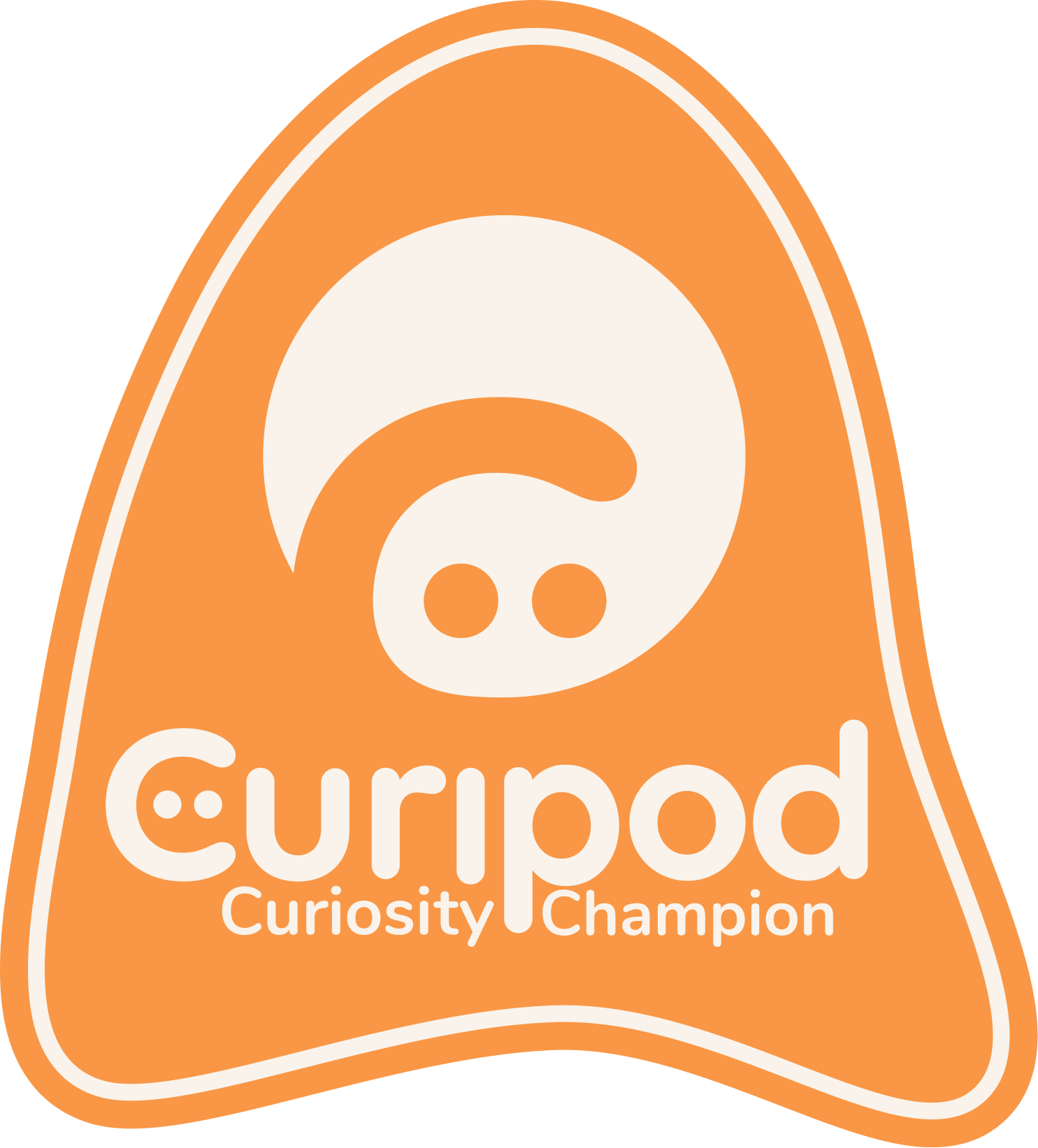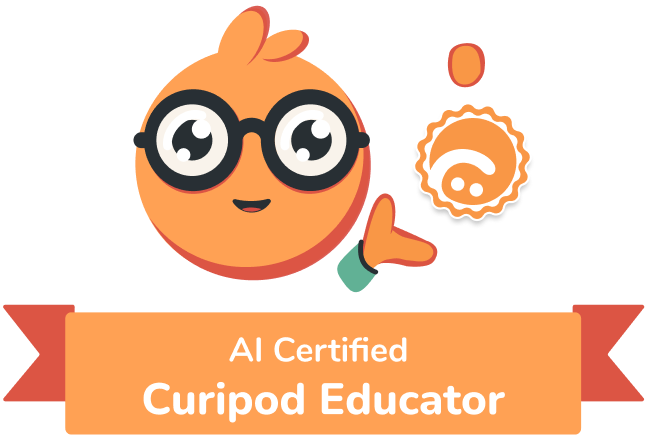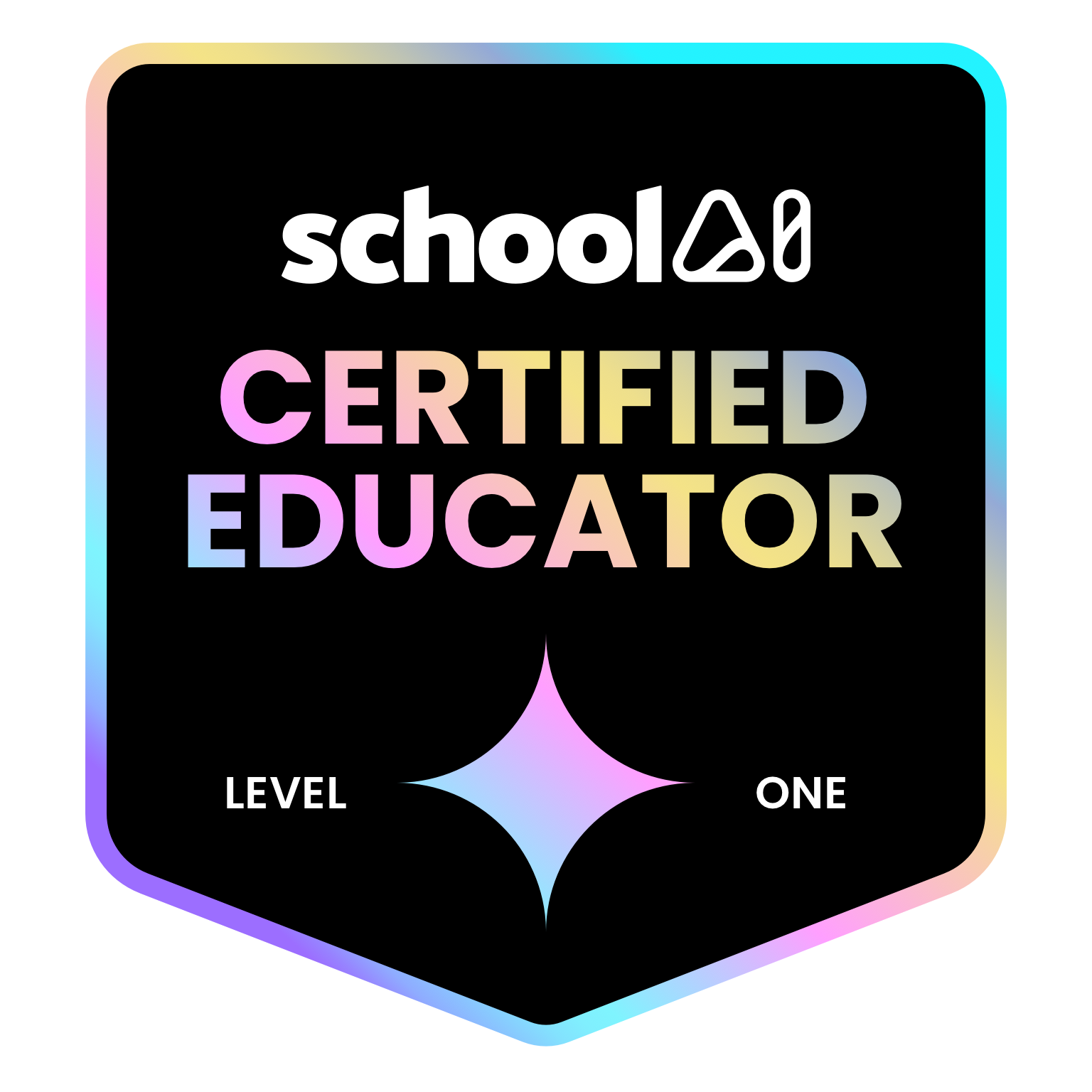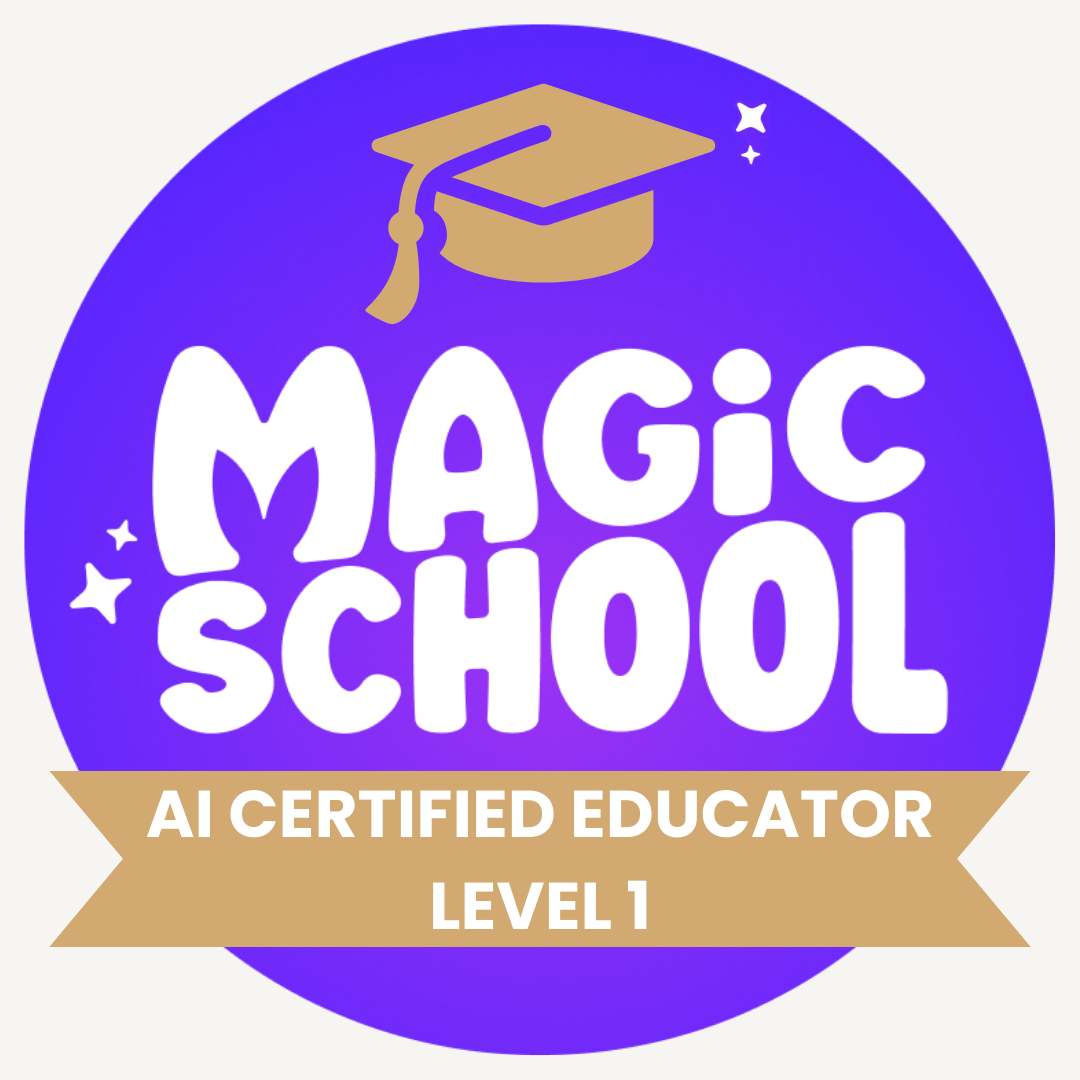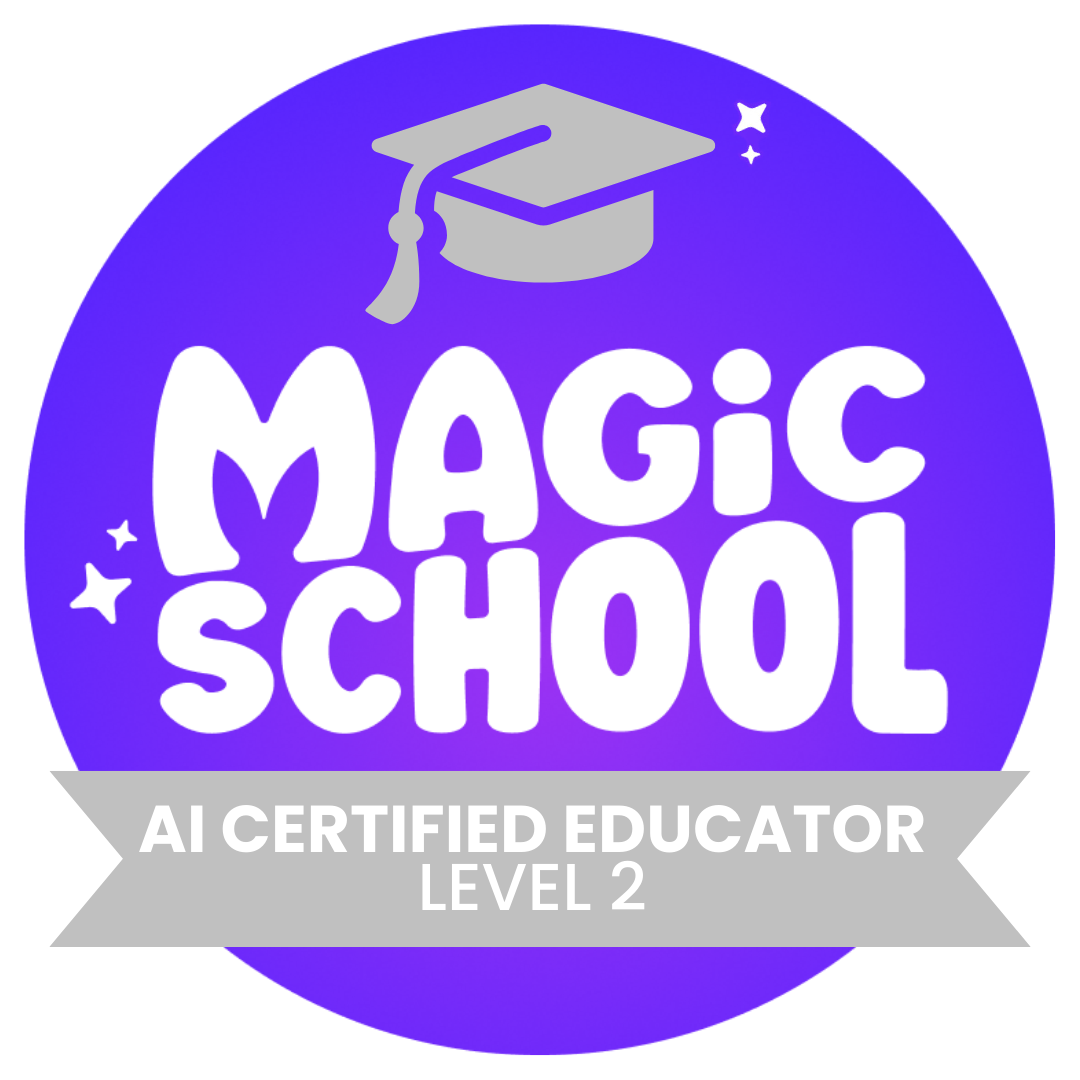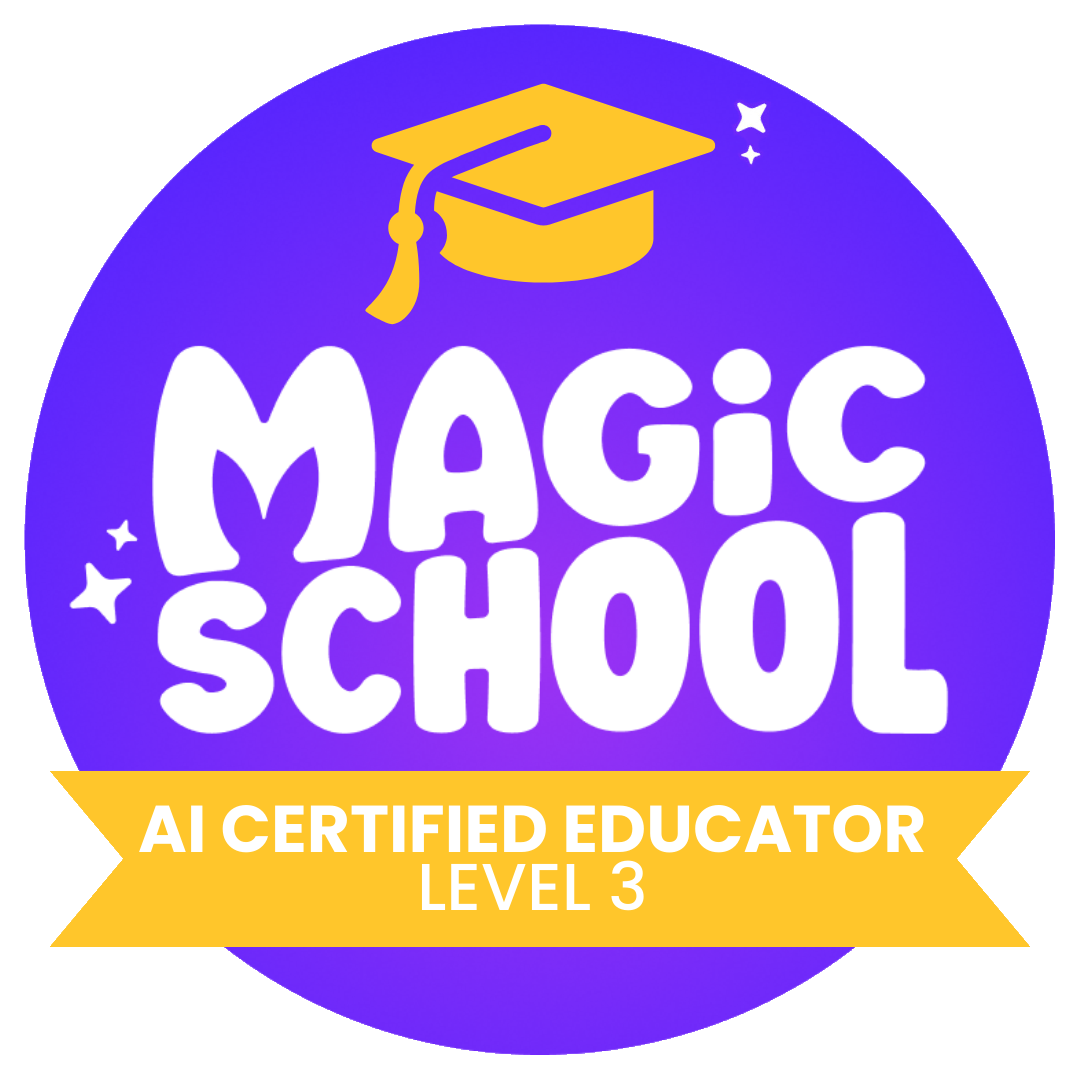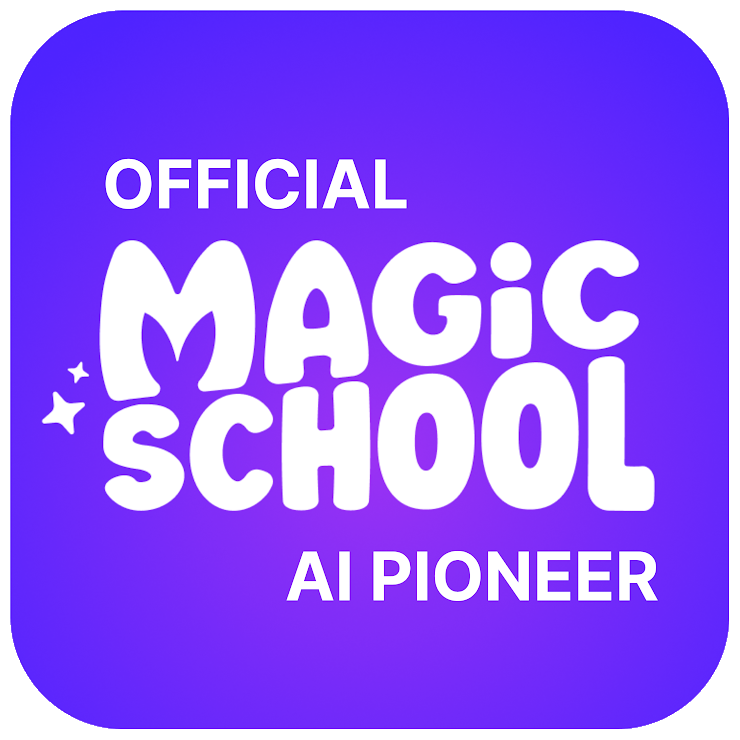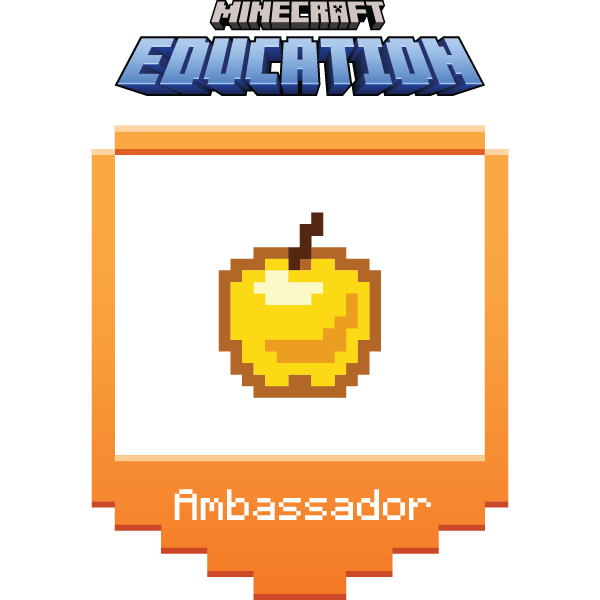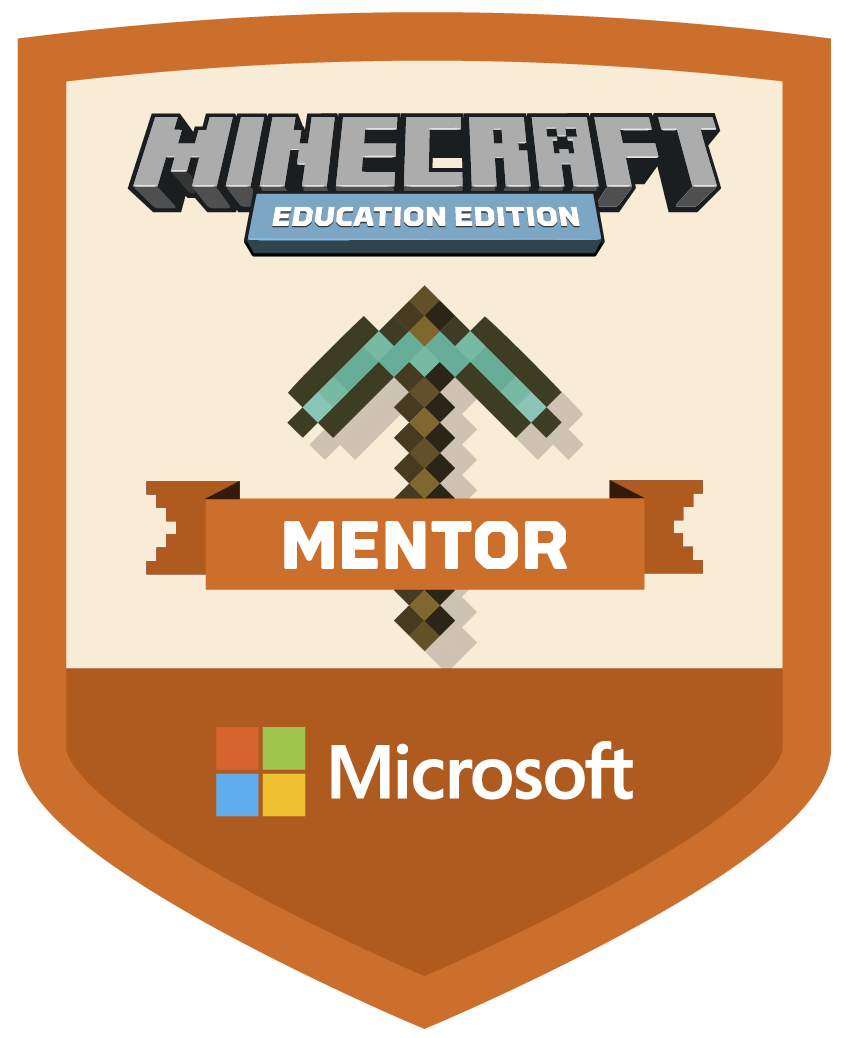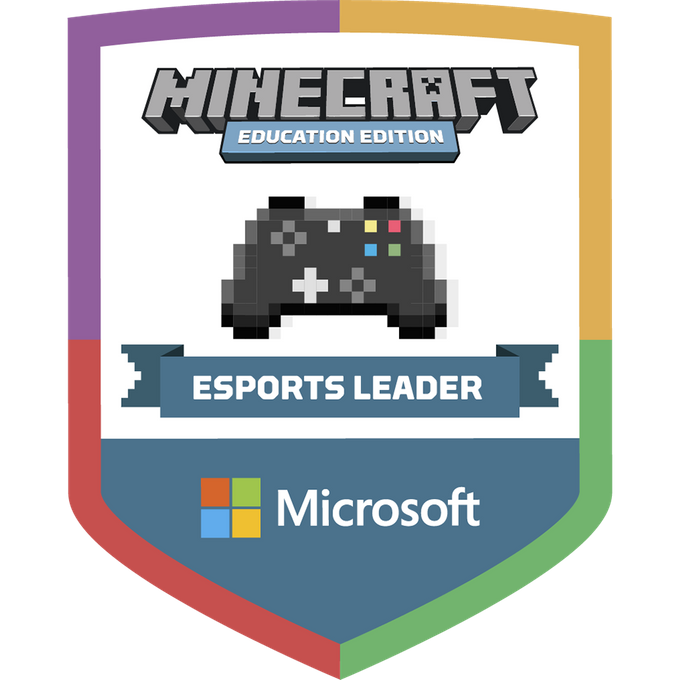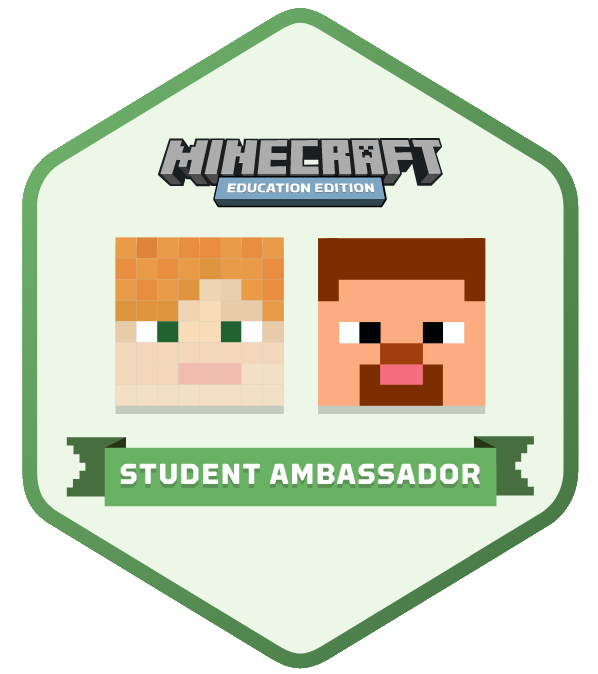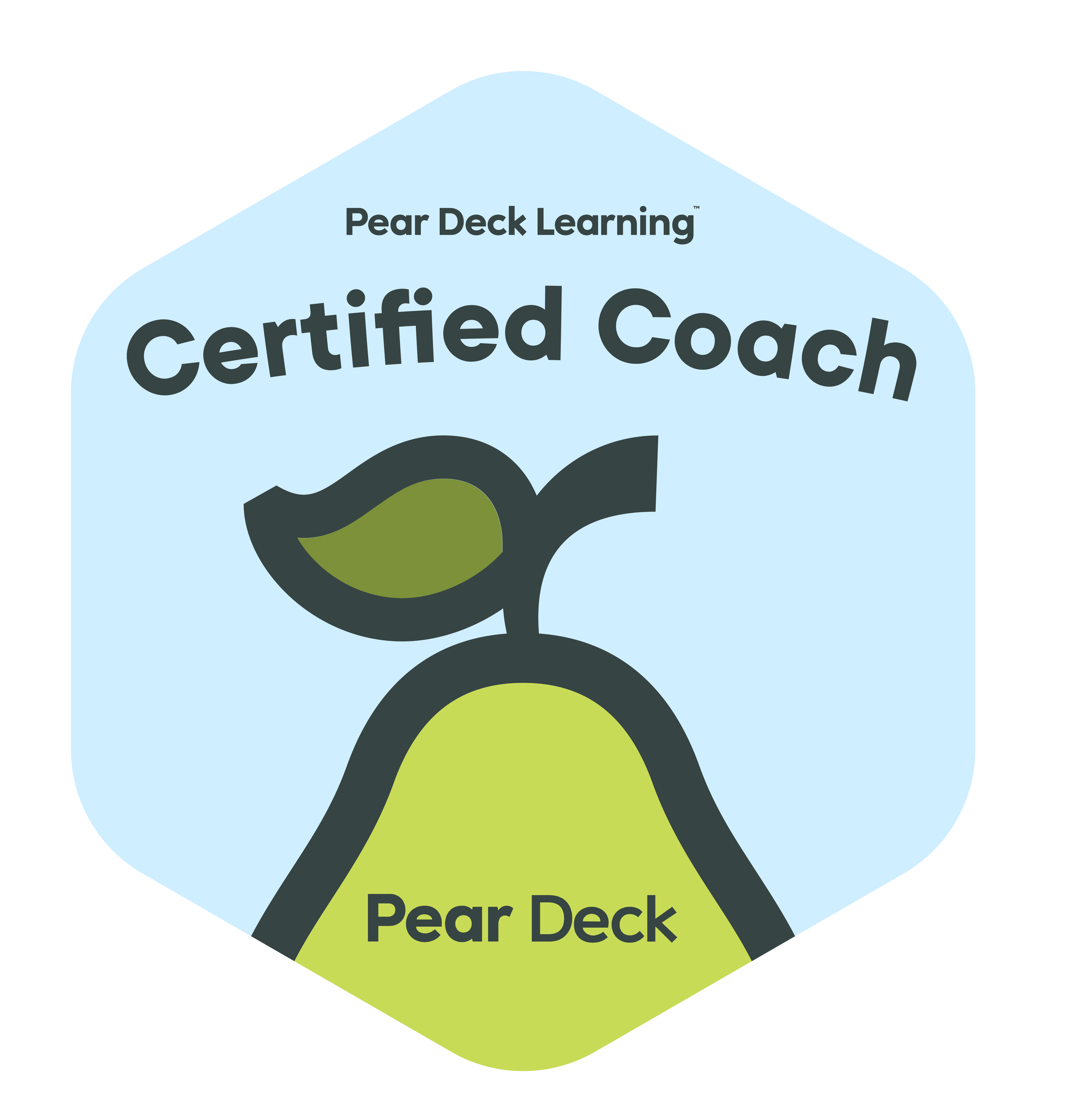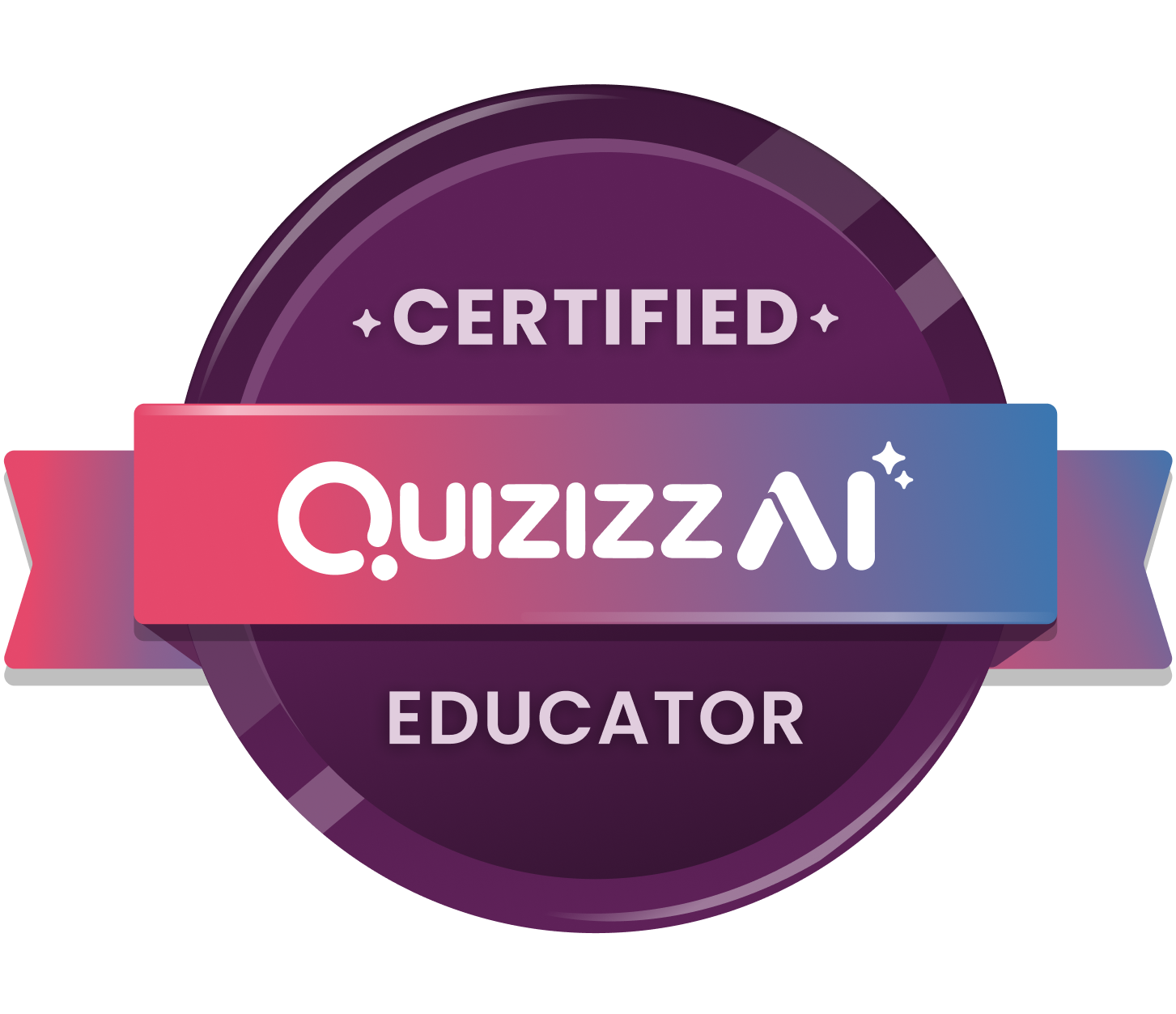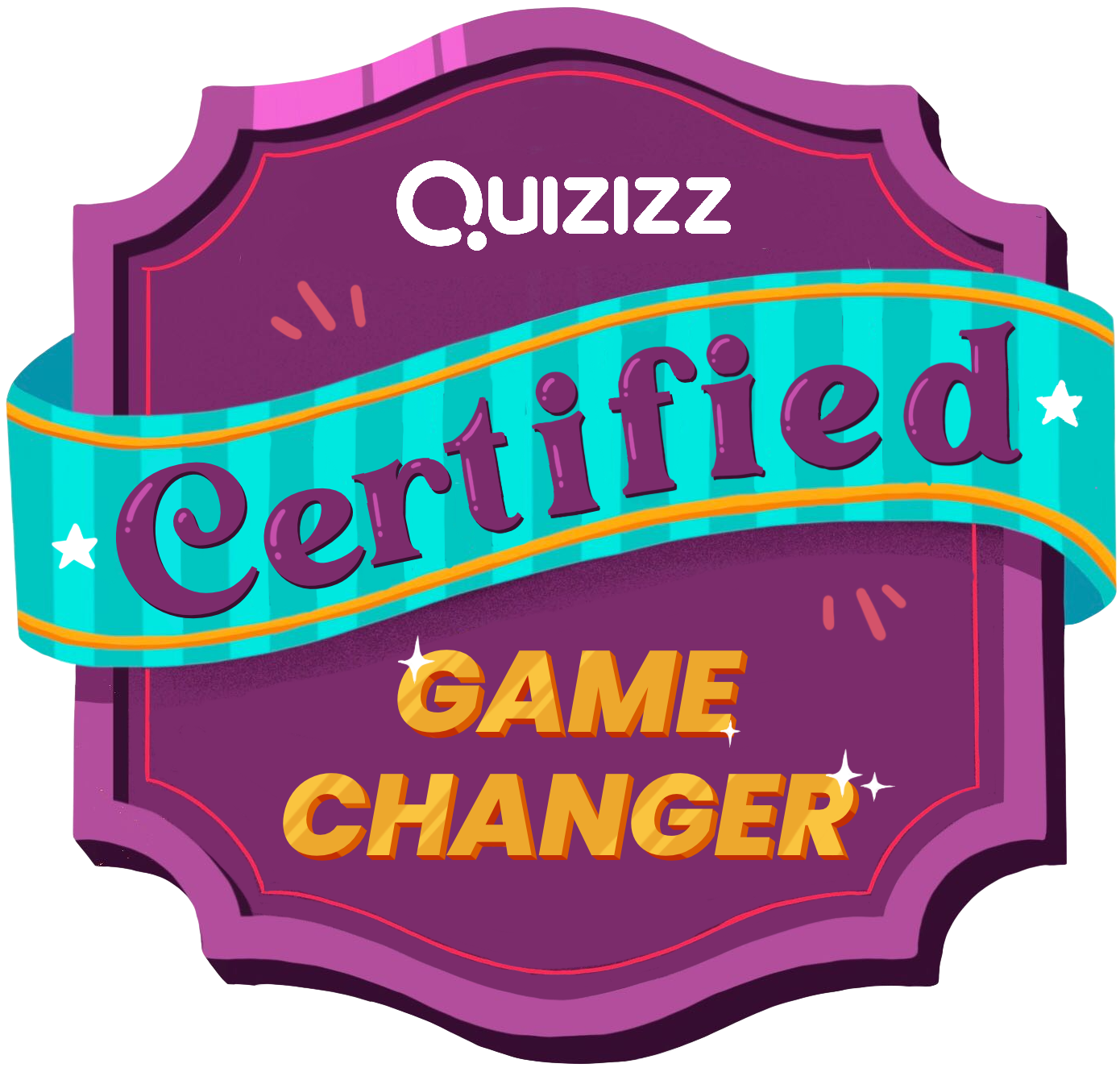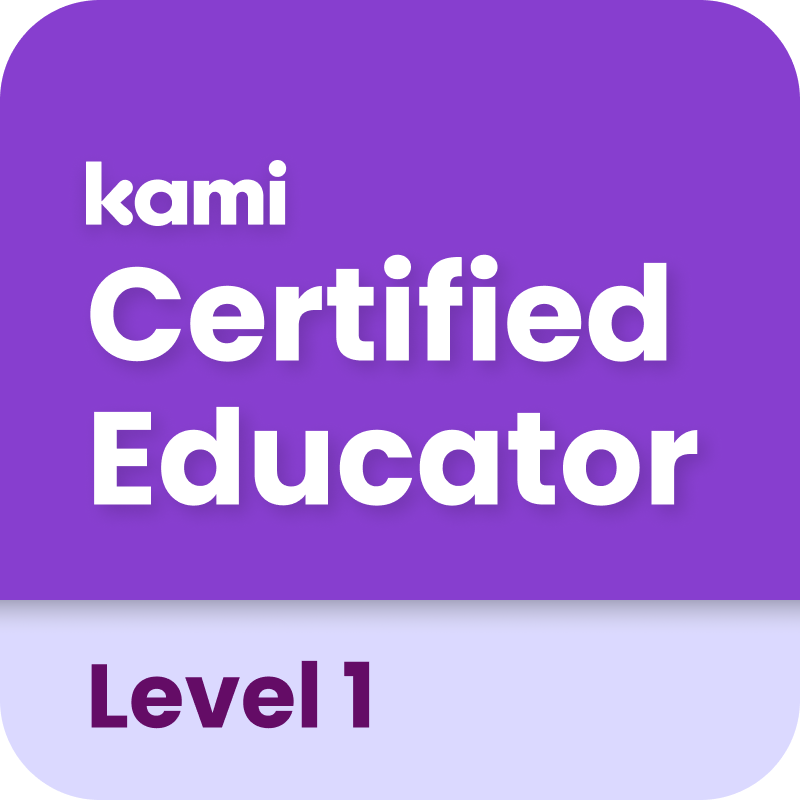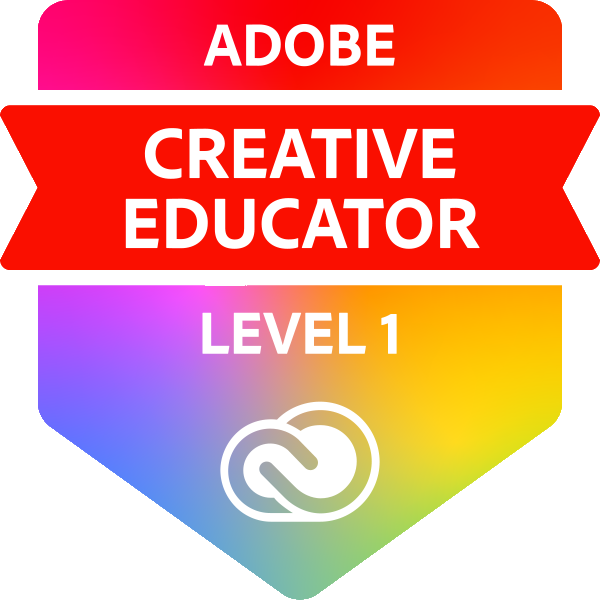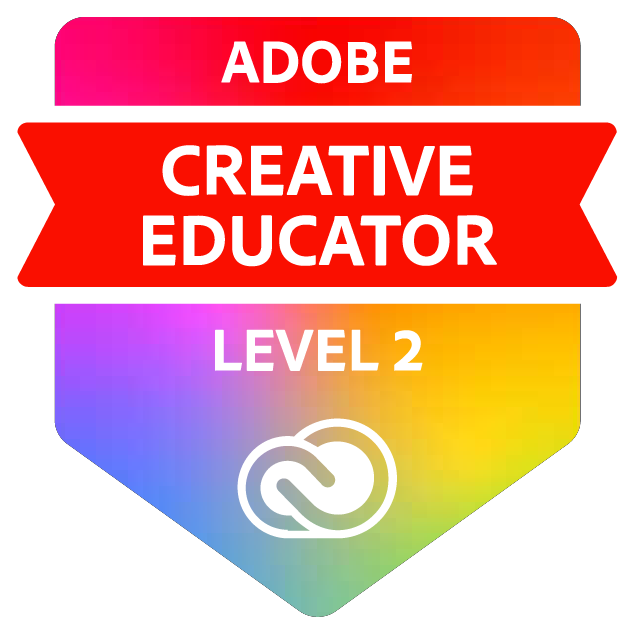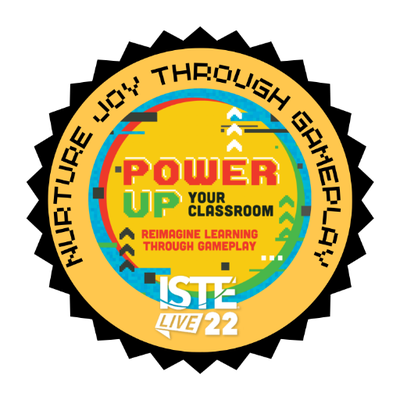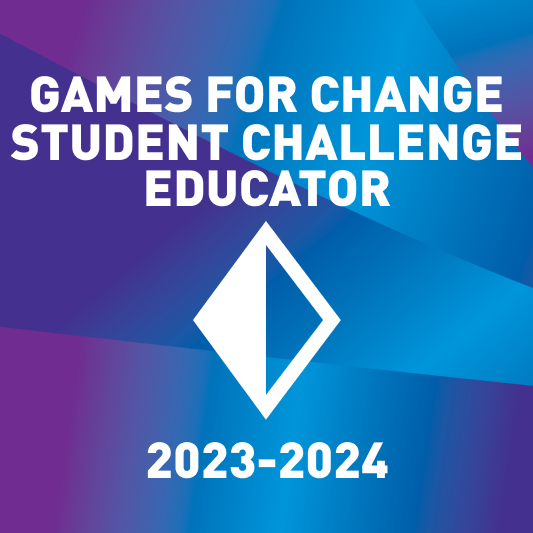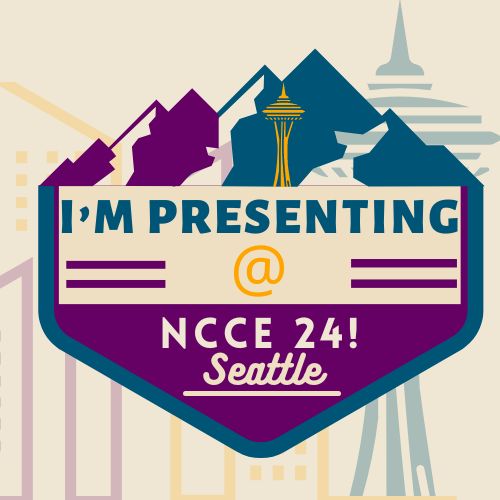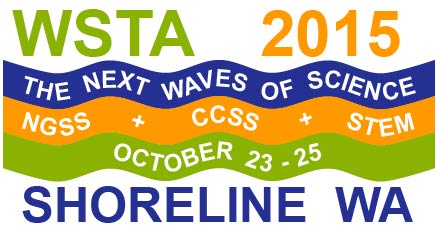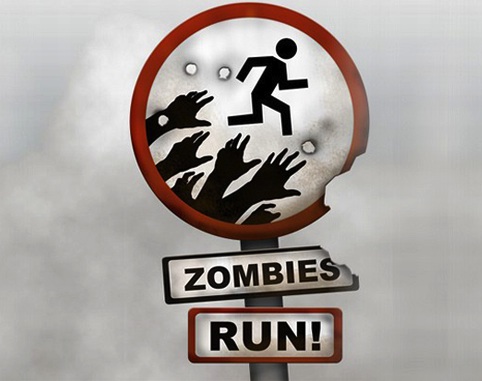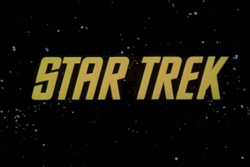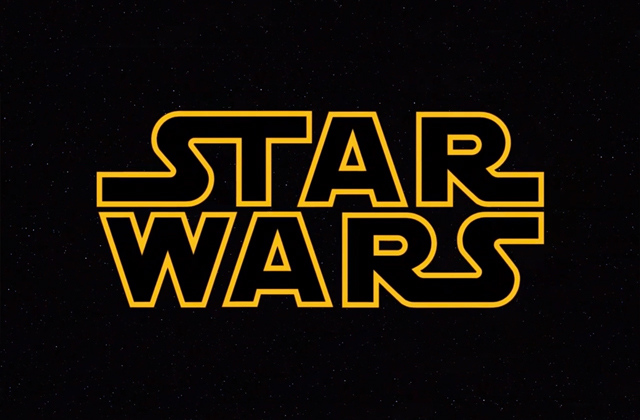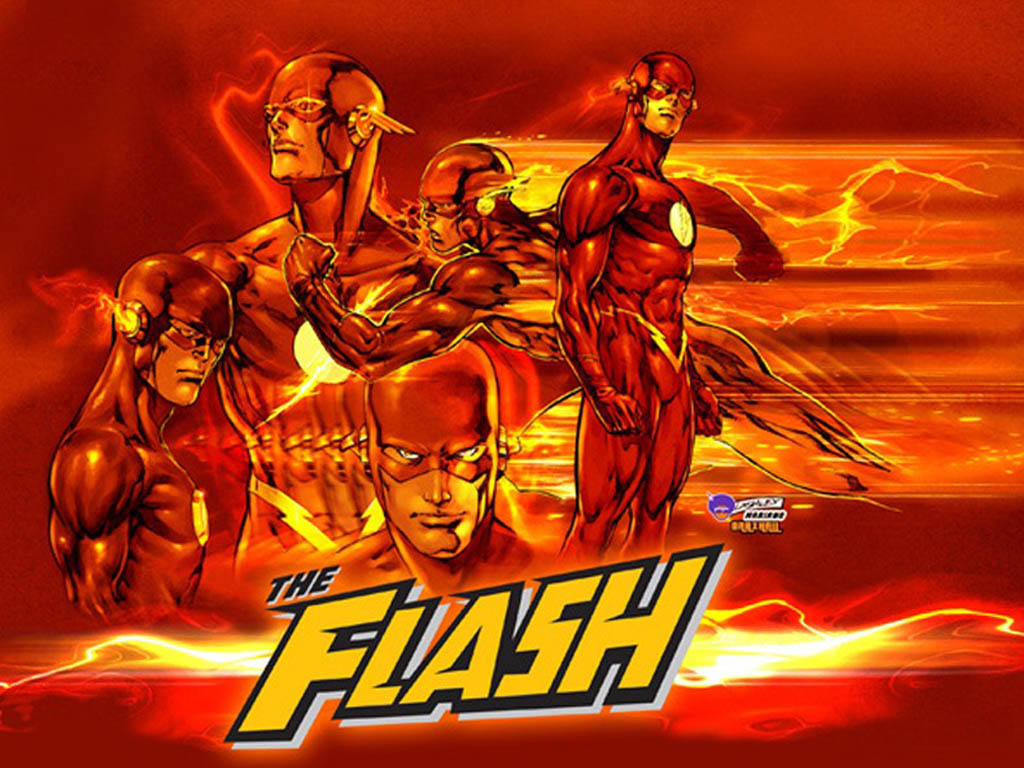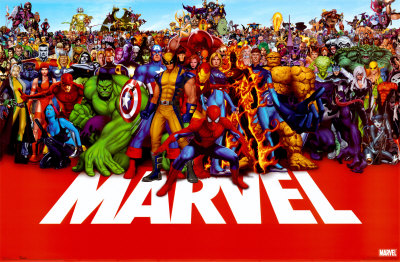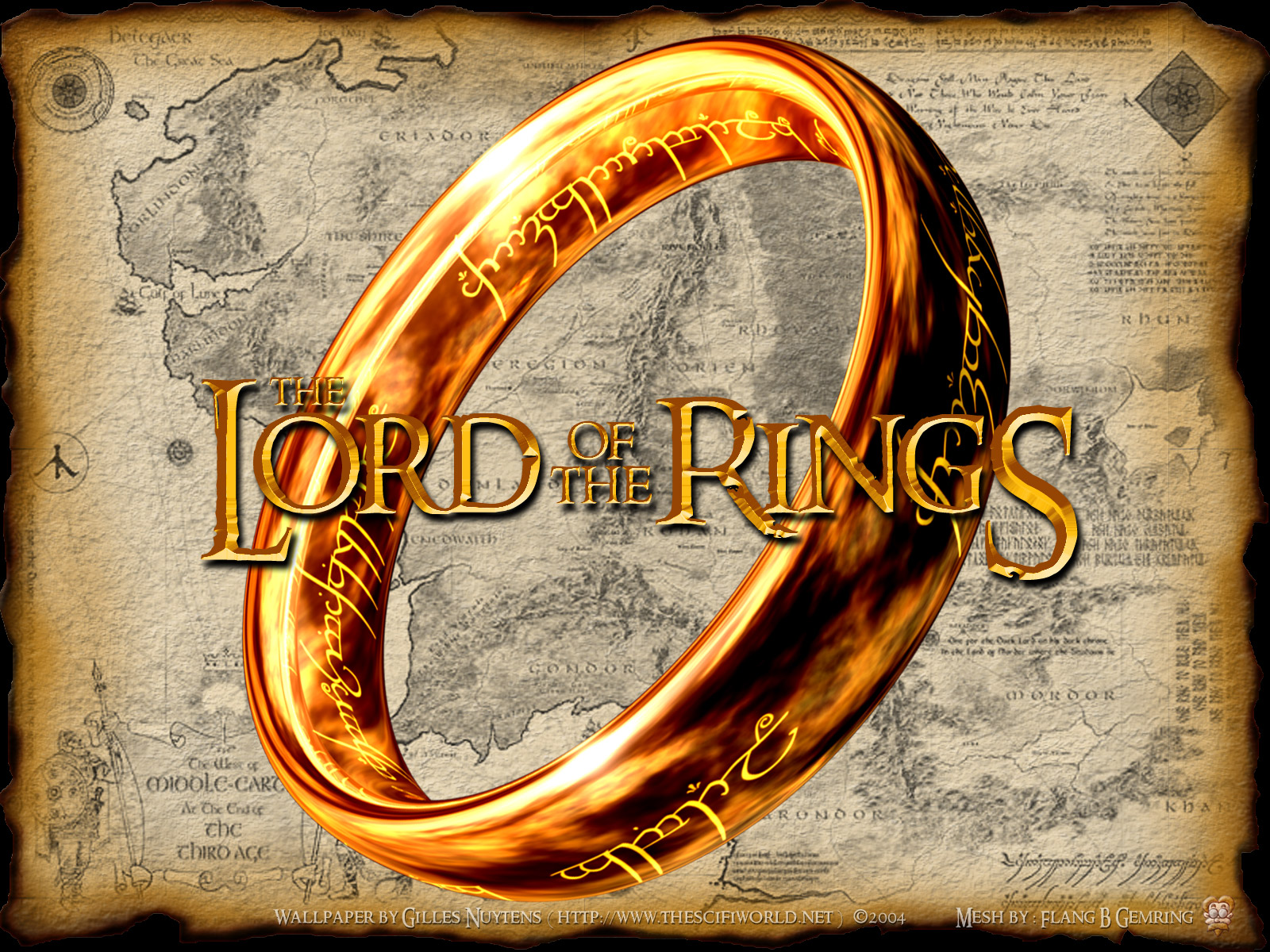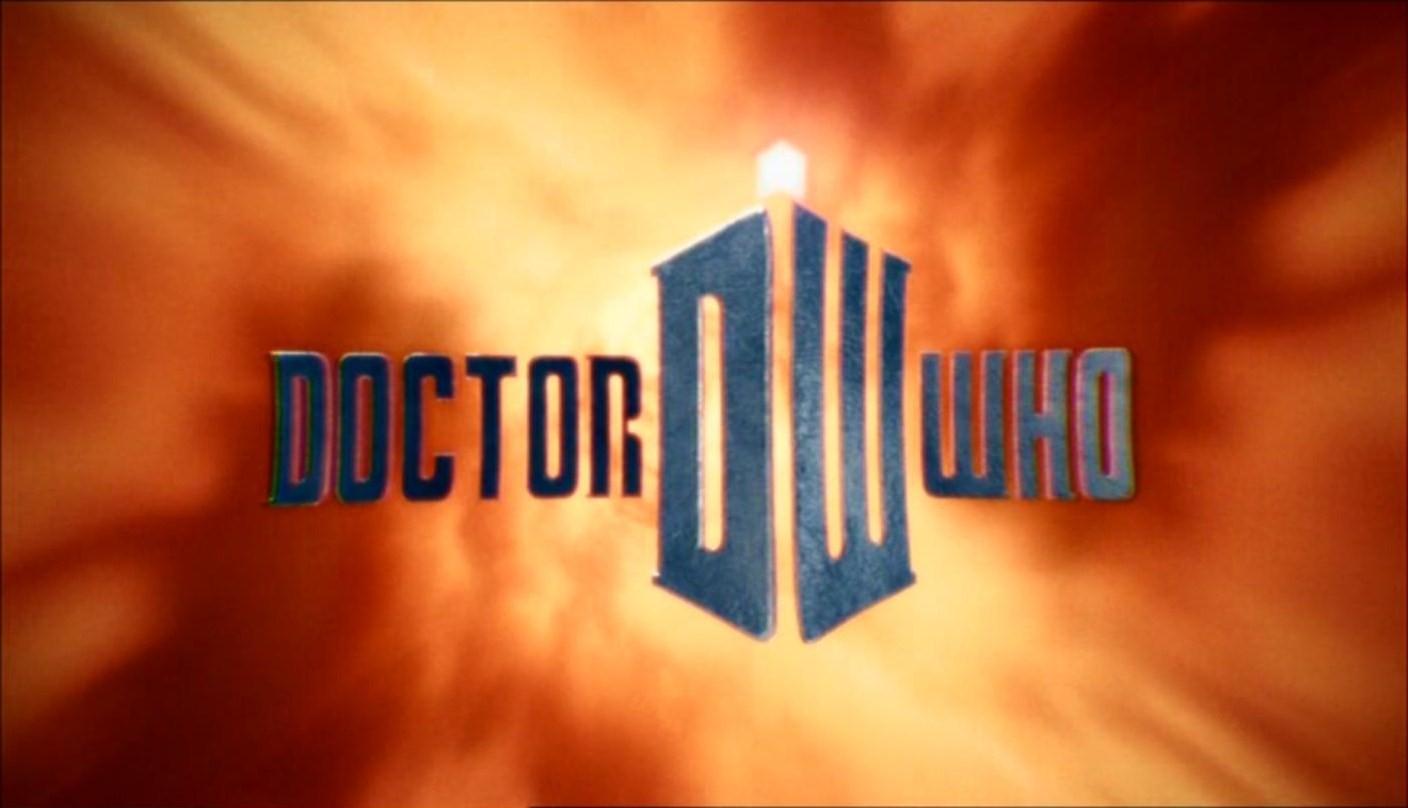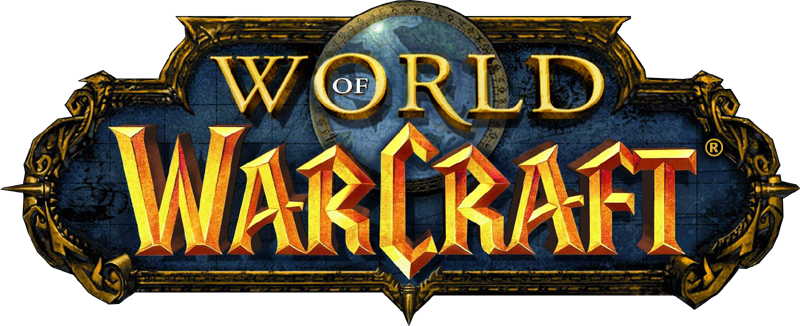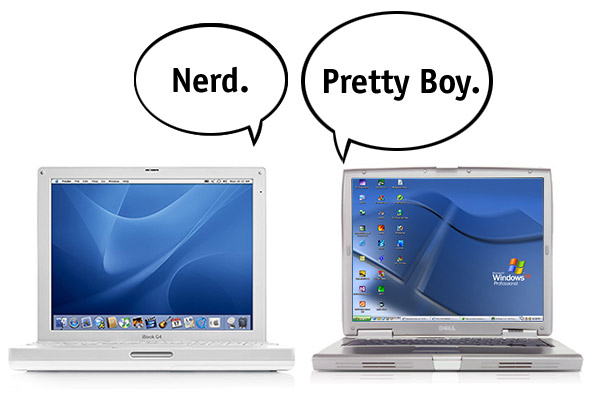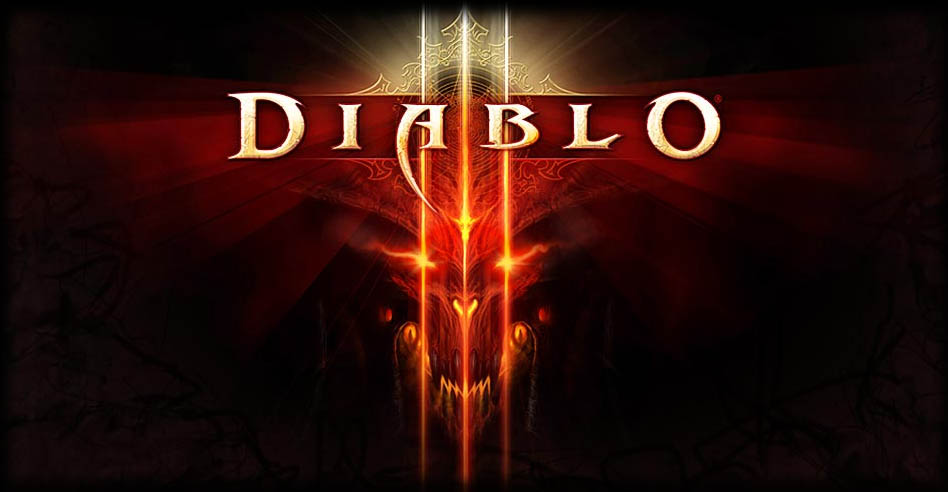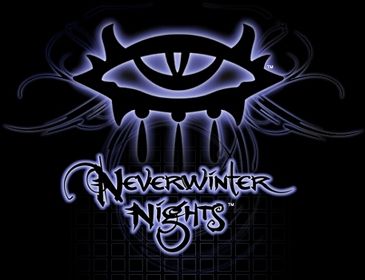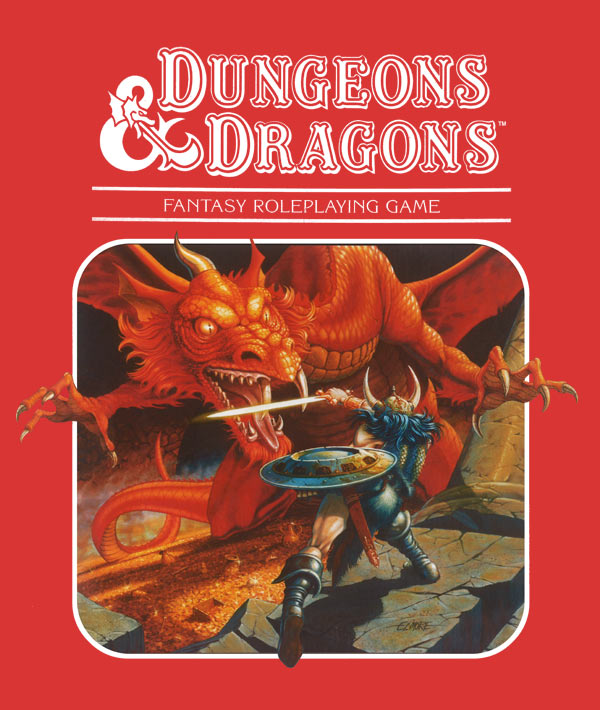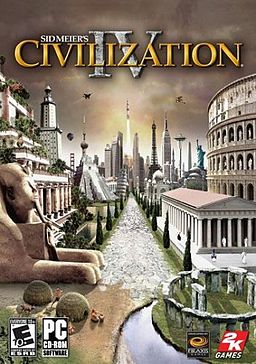I just read this article on Mindshift, Will New Standards Improve Elementary Science Education, and it made me think of something we teachers talk about often, the natural curiosity that kids come to school with when they first enter school.
Something about the way traditional schooling is done to children strips that natural curiosity. In 21 of the 27 years I’ve been teaching I have worked with 6th graders and in those 21 years I have seen a lot of children start 6th grade thinking they are “bad” at science or just plain hating science. I have never understood that. How are we making kids think they can’t DO science? At the very heart of science is being curious, questioning everything, and trying to figure out how things work. That’s what kids do from birth! They come to school curious and natural scientists. So I figure the job of primary and elementary teachers is to nurture that and provide kids opportunities to do it.
New Standards?
WA state adopted the Next Generation Science Standards (NGSS) in 2013 and since then I’ve been trying to incorporate them into my science classes. Now I even get to work with teachers learning about the NGSS in a WA Education Association (WEA) sponsored workshop that I co-developed with Tammie Schrader, a Science and Computer Science Coordinator from eastern WA. So when I read the title of the Mindshift article my first thought was, “there are NEW Science standards?!” When I read that the article was about the NGSS I heaved a huge sigh of relief! But then I thought, “there are still teachers out there for whom the NGSS are new?” Shoot, I knew that because I’ve been training teachers who have little to no experience with the NGSS, I just figured that it wasn’t that many.
The sad truth is that it’s way more prominent in primary and elementary schools for teachers to be unfamiliar with the NGSS. I blame what I heard referred to in a keynote years ago as the bully curriculum: reading. Ever since No Child Left Behind and the obsession with standardized test scores, reading and math, subjects tested in most grade levels, have become the focus for many schools and districts. That drives me crazy because I personally have gotten so much starting with Science and Social Studies and incorporating reading, writing and even Math from there! So to hear that reading curriculum takes time away from Science, Social Studies, and even Writing makes absolutely no sense to me. Then again, my National Board certification is in the area of Generalist and I started my teaching career in elementary so I have always sought to teach students through integrated projects.
Integration brings relevance.
While we want kids to learn to read the research shows that kids will read, at lexiles higher than their tests say they should be reading at, when they are reading texts they are highly interested in. Using their natural curiosity about the world around them is a great place to start. So don’t skip the Science or the Social Studies!!
In the Mindshift artice there is mention of one of the complaints of the NGSS, “Critics complained the standards overemphasize skills while relegating factual scientific knowledge to secondary importance.” I actually think that is not only okay, but is a great way to keep our youngest kids from losing interest in Science!
Phenomena
The NGSS recommends starting with a phenomenon. Something that kids might be naturally curious about or something that will bring up questions. In the following video my 8th graders are seeing how the placement of magnets and ball bearings between two rulers causes the magnets and balls to move.
Next, the NGSS divides the standards into three what they call dimensions and every performance task that our students are expected to engage in include one of each of the dimensions.
The Science
The factual scientific knowledge references in the Mindshift quote above are found in the dimension known as the Disciplinary Core Ideas (DCI). On the NGSS webpages for the standards, the DCIs are always in an orange box.
So while it’s true that the DCIs aren’t the sole focus of the NGSS, I don’t agree that they necessarily have to take second place to skills. That being said, I’ll get to why I think that’s okay later in this post.
The Doing of Science
Another NGSS dimension, and one that is much talked about in trainings and workshops I’ve attended, are the Science and Engineering Practices (SEP). Those are the things that Scientists and Engineers actually DO. Doesn’t it seem important that our students understand what Scientists and Engineers do and how they do what they do? Here are some of the eight SEPs:
The SEPs are always shown in a blue box on the NGSS standards webapges.
Cross Cutting Concepts
The third dimension includes concepts that are found across multiple sciences, hence they are known as the Cross Cutting Concepts (CCC). In reference to that Mindshift quote these concepts are important big ideas that kids need to know in order to understand the factual scientific knowledge they deem so important. In the NGSS standards webpages, the CCCs are always in a green box.
Bringing it All Together
So if you start with a phenomena and hook your students in by having them ask questions, then weave in all three dimensions of the NGSS to have them explore the why’s and the how’s, they will learn Science and, IMHO, love Science. I think focusing on skills is great because while a student can question the relevance of learning about volcanoes by saying, “I will never need to know about volcanoes to be a successful soccer player,” that same student will be less likely to question the need to analyze and interpret data, an SEP, or the need to understand cause and effect, a CCC. And skills involve doing things, which is fun!
In many vertical science team meetings with teachers from pre-K to 12th grade, the best thing I heard over and over from one of our former high school teachers when hearing about all the wonderful things primary and elementary teachers were doing for Science with their students was this (I am paraphrasing):
Don’t worry so much about kids getting it or learning and memorizing facts. Just make sure they love Science and when they get to me, loving Science, I will help them go from there.
Make Sure Your Kids Are Doing and Enjoying Science!
That is how I feel about my 6th graders. I feel like I can do so much more, or at least get off to a great start, if my 6th graders come to me excited about Science and looking forward to my Science class! So my advice to primary and elementary school teachers: teach Science and don’t worry or fret too much about the facts. Make sure your kids are doing and enjoying Science because what we know about the way people learn Science is that preconceived ideas, even though they are wrong and evidence shows the correct way, seem to stick (like lunar phases and photosynthesis – people come back to what they believe even in the face of contrary evidence). So what that means is that Science teachers have to keep coming back to the same concepts and teach them over and over until kids, in the face of overwhelming evidence, come face to face with their congitive dissonance and accept the truths.
I’m not a primary or elementary school teacher. I started my teaching career in upper elementary, grades 4 and 5, and now teach grades 6 and 8. I have a National Board Cerfitication in Early Adolescence, ages 11 – 15 or grades 6 through 9, in the area of Generalist and my original certification was in grades K-8. I have taught all subjects in grades 4, 5, and 6, but for the past 18 years I have taught primarily Science.
It’s funny how earlier certifications were given for such a wide age range! I feel equipped to teach kids anywhere from 10 years of age, even eight or nine, but do not not feel equipped to teach five, six, or seven year olds! Even though I don’t consider myself an expert in ages 6 through 8 or grades K-2, my thoughts are based on my experiences working with primary and elementary teachers.

